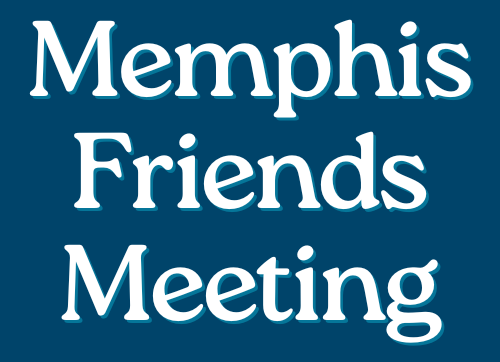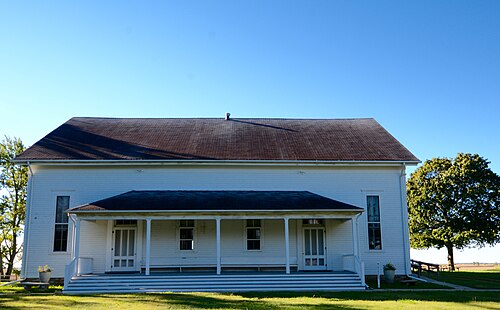The “C” in SPICES
By Adrian
I’ve been thinking a lot about what creates an authentic community. At Illinois Yearly Meeting last June, I had the chance to talk with Windy Cooler whom I had met at a Pendle Hill retreat a few years ago. As she talked about her many experiences with both healthy and unhealthy communities, I realized that Quaker meetings can sometimes get into the habit of relying too much on rubber-stamping Quaker process, forgetting the importance of relationships, of the exchange of experience and ideas, of the deep need for accountability, feedback, and, boundaries. The work takes time, but it has many rewards.
Navigating through different kinds of social and religious groups has taught me how to sense authentic community when it is there and when it isn’t. I have been through enough pain and trauma to know when to walk away from the table or when to stay long enough to cook a meal to nourish our hunger for community.
At Illinois Yearly Meeting this past June, standing out on the lawn, looking back at the meetinghouse, and seeing Friends of different ages, ethnicities and life experiences moving in and out of the building or reclining in the grass or on the front porch, I saw Friends who were coming home, enjoying a reunion with a family that nourished them. It was surprising and unexpected but reminiscent of the first time I went to a yearly meeting in the mountains of North Carolina many years ago.
Brené Brown tells us that community is built on connection that happens when people feel seen, heard, and valued. There is a difference, she says, between belonging and fitting in. Belonging means being accepted for who you are, while fitting in means meeting the expectations of others. Vulnerability and empathy are vital as well.
Vulnerability allows us to connect with others on a deeper level, while empathy allows us to understand and share in other’s experiences. Research on shame resilience highlights the importance of developing self-compassion and seeking support from others to navigate difficult emotions. Authentic community happens when people feel vulnerable enough to reach out to others.
Perhaps Memphis Meeting is in transition. At the moment it feels as if we are in a chrysalis stage but not one where a particular caterpillar goes in and a particular
butterfly or moth comes out. We don’t know yet what will emerge. Where we spend our time and energy is going to influence what flies out of our chrysalis. We need to nurture each other as we look ahead at what the future might hold for Memphis Friends and what we are to become.

